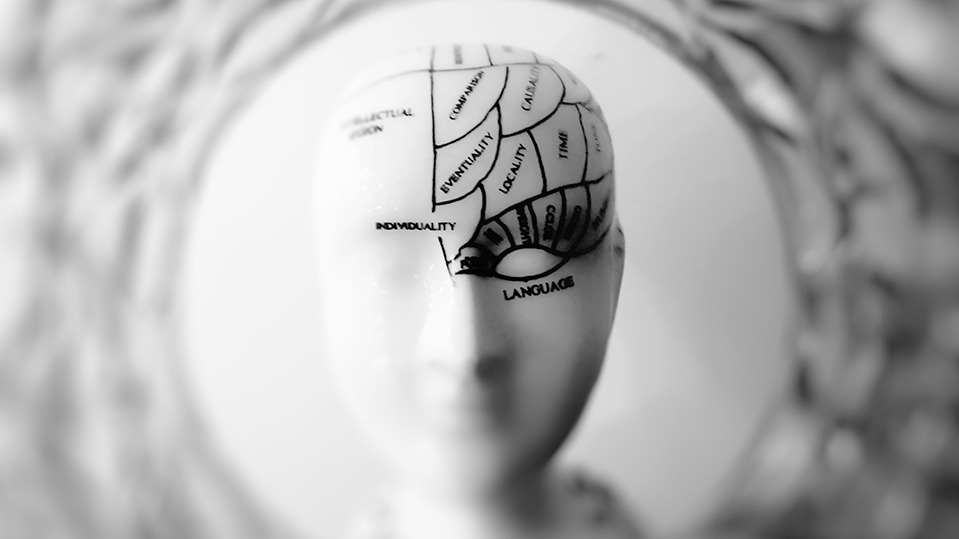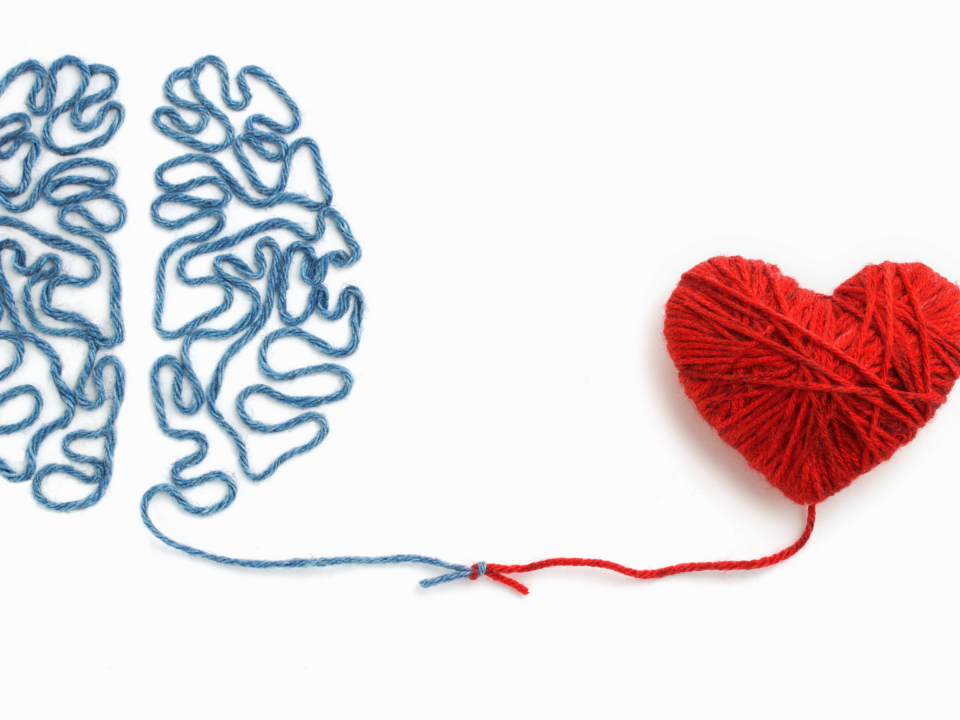
*As originally seen on Forbes.com
How are you feeling lately?
When I ask my executive coaching clients they most often say “overwhelmed.” And as we unpack this emotion, I find that mental exhaustion is the culprit.
It’s a stressful world out there. And most leaders are constantly called on to pivot product plans, form new strategies, adapt to changing market and client conditions—all of which require a tremendous amount of intense focus and thinking. When these complex cognitive tasks continue for several hours, you become mentally exhausted.
We all know how to recover from intense physical exhaustion. But how do we recover from mental exhaustion?
How Mental Exhaustion Happens
First, what exactly does mental exhaustion do in your brain? New research from the University of Paris has identified the answer. Extended intense thinking causes a functional change in your brain: the accumulation of toxic byproducts in your prefrontal cortex, namely glutamate. This toxin can inhibit your ability to make decisions, which is why after a long day of intense thinking the last thing you want is to make decisions. On days like this I want to zone out on Netflix and let a movie watch me. Know that feeling?
How To Prevent it
There are 5 simple ways to prevent mental exhaustion. Choose the one(s) that work for you:
- Identify your optimal time for complex cognitive tasks – are you most resilient in the morning or afternoon? Choose your peak time to do the most mentally taxing work.
- Set limits on your complex cognitive tasks – healthy boundaries prevent burn out. Overestimate how long a task will take so you build in time for breaks, getting outside to clear your head, walking around the block, having a light/fun conversation with a colleague to give your brain a break.
- Take a tech break – get away from your computer, phone, tech in general (see ideas in #2 above) to protect your brain. You’ll return to it refreshed.
- Choose what to focus on – bust the myth of multi-tasking. It exhausts your brain and actually makes you less efficient and productive.
- Increase cell density in your prefrontal cortex and hippocampus via meditation – the benefits of getting still inside are well-documented. Even a 5-minute meditation break will leave you feeling relaxed, calm and clear.
Help Your Brain to Recover from Mental Exhaustion
Which brings us to recovery. The solution won’t surprise you: the key is rest and sleep. Your brain synapses will gradually eliminate glutamate during sleep. Resting/chilling out at the end of a hard day will help you to press a pause button on further accumulation of glutamate, so when you dive into bed you’ll have less to release.
Just as your body tells you when to stop extended physical activity via the feeling of exhaustion and muscle fatigue, your brain does the same thing when you reach mental exhaustion. It’s simply brain fatigue. The buildup of glutamate has now slowed the brain’s activity and you’re feeling mentally fried. If we continue to reach mental exhaustion daily we’ll hit the burnout button in time.
A common side effect found in the research was the seeking of instant gratification once mental exhaustion was reached. This is why you might reach for sugar, caffeine, or other substances when you’ve maxed out on your mental limit. You want relief, and you want it now. Be aware of this, and have healthy alternatives handy, like exercise.
Are you feeling mentally exhausted? Try the above tips and let me know how they work for you!







